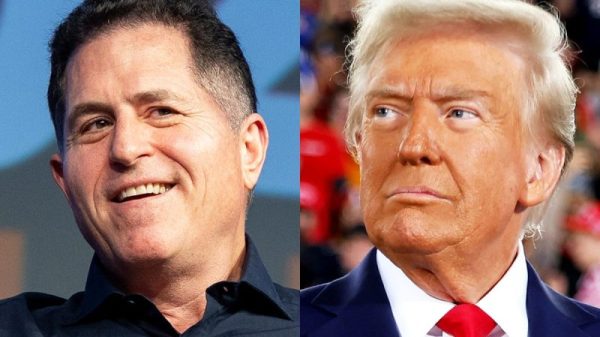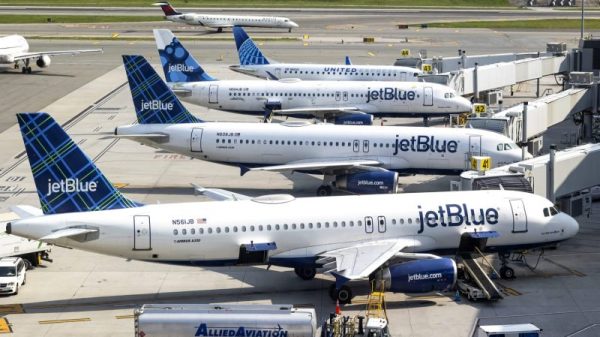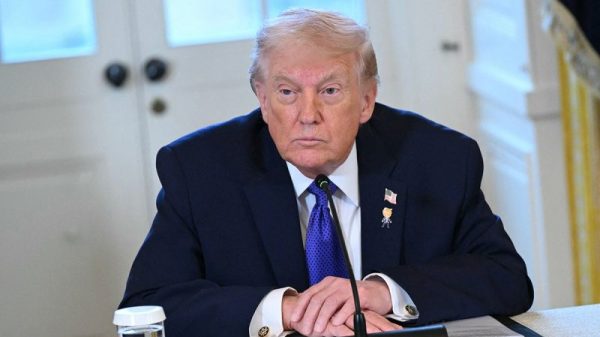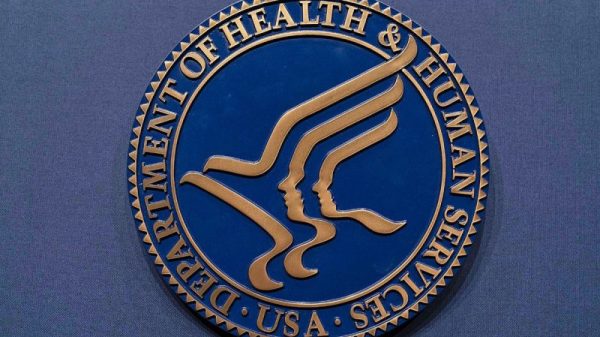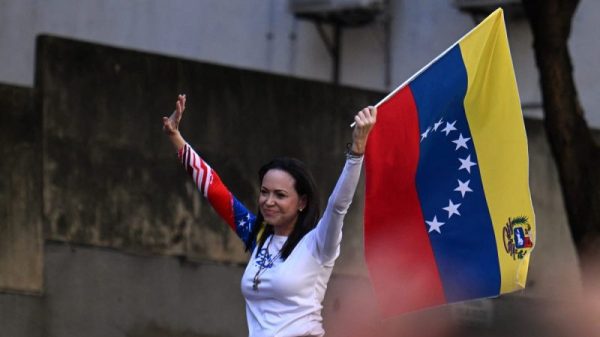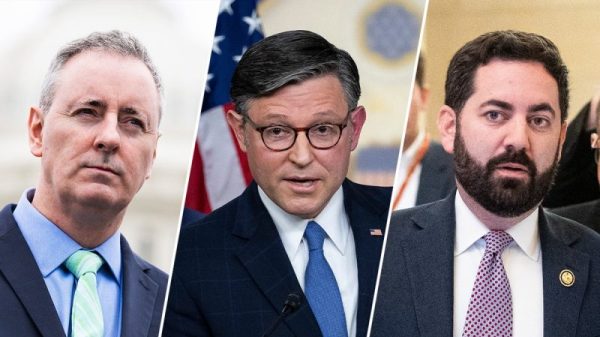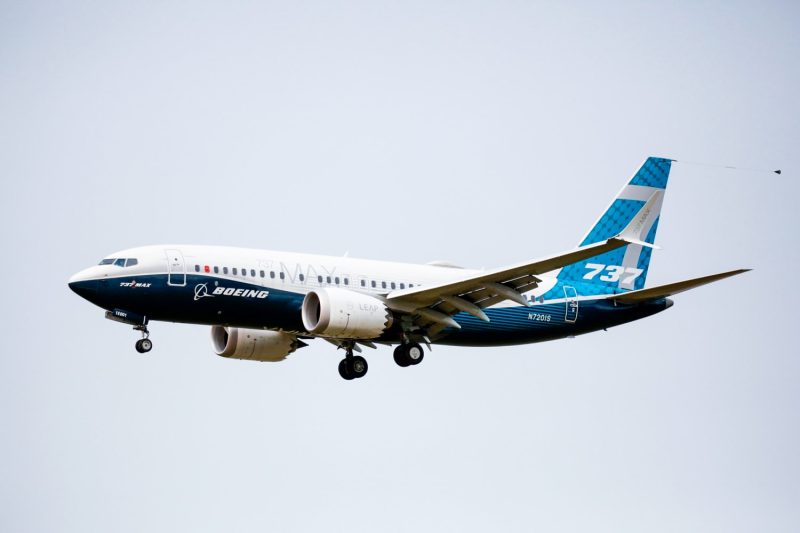In a recent turn of events, a court decision has upended Boeing’s plans for resolving its legal troubles stemming from the tragic 737 Max crashes. The company had negotiated a plea deal with the U.S. Department of Justice (DOJ) to resolve criminal charges related to the two crashes that killed a total of 346 people. However, the court rejected the proposed settlement, leading Boeing to reconsider its legal strategy moving forward.
At the heart of the matter are allegations that Boeing misled regulators and airlines about the safety of the 737 Max aircraft, ultimately leading to the crashes of Lion Air Flight 610 in October 2018 and Ethiopian Airlines Flight 302 in March 2019. The crashes exposed serious flaws in the design of the aircraft’s Maneuvering Characteristics Augmentation System (MCAS), which was designed to help prevent stalls but instead played a central role in both accidents.
The court’s decision to reject the plea deal is a significant setback for Boeing, which had hoped to put the legal issues surrounding the crashes behind it. The proposed settlement included a $243.6 million fine and an agreement to implement enhanced compliance measures to prevent similar incidents in the future. However, the court determined that the terms of the deal were not sufficient to address the severity of the allegations and the impact of the crashes.
The court’s rejection of the plea deal underscores the gravity of the situation facing Boeing. The company continues to face multiple legal challenges, including civil lawsuits from the families of the crash victims and ongoing investigations by regulatory authorities around the world. The fallout from the crashes has tarnished Boeing’s reputation and raised serious questions about its commitment to safety and regulatory compliance.
In response to the court’s decision, Boeing has indicated that it will now need to reassess its legal strategy and engage in further discussions with the DOJ to reach a resolution. The company has acknowledged its responsibility for the crashes and has pledged to take all necessary steps to address the issues that led to the tragedies. However, the road ahead remains uncertain as Boeing navigates a complex legal landscape and works to rebuild trust with regulators, airlines, and the flying public.
The court’s rejection of Boeing’s plea deal serves as a reminder of the far-reaching consequences of the 737 Max crashes and the need for accountability in the aviation industry. As Boeing seeks to move forward from this challenging chapter in its history, the company must prioritize transparency, safety, and compliance in order to regain the trust of stakeholders and ensure the safety of air travelers around the world.





